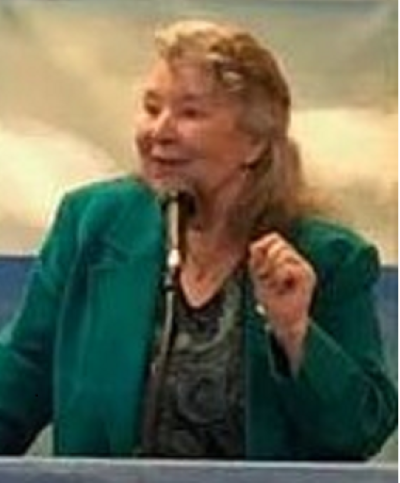Basically, Emilie Cady didn't go there at all. She found her path through her training as a holistic physician, attendance at revival meetings, participating in study groups around Emma Curtis Hopkins' teachings, and her own reading of the Bible. Her ideas became the foundation of Unity teachings precisely because they were so clearly NOT Christian Science but were so clearly expressed that all could understand and practice them.
Emma, on the other hand, studied with Mary Baker Eddy and worked for her for a while, called her own teachings Christian Science until MBE made it clear that no one outside her organization would be permitted to do so, and actually taught and published lessons that were very similar to MBE's for the first couple of years. We have published books based on her notes for 1887 and 1888 that are virtually indistinguishable from MBE's CS.
Emma's initial move away was to include references to what she called "other mystical writers" and to accept what is now called NeoPlatonism: the existence of everything in an ideal form ready for us to attune ourselves to experience it. In Lesson 2 of Scientific Christian Mental Practice she goes further away when she contradicts MBE's teachings on 2 points:
1, That there is no intelligence in matter; Emma argues that if God is omnipresent and God is Intelligence then Intelligence must be omnipresent and that includes all forms of matter. She also says that matter, as such, is not Real, but transitory. That is, eternal spiritual Substance is taking a form for the moment that meets a consciousness and will change as that consciousness changes.
2, The denial of sensation; Emma states that if all sensation were delightful then no one would argue against its existence, that the issue is with our perception, not with the object being sensed; if God is Good and God is omnipresent, then all that is Good is omnipresent and therefore what we sense must be Good.
What’s the difference between praise and gratitude?
Gratitude is a heart opening brought about by deep appreciation in the moment, and may be triggered by contemplation of the past or the present or potential futures. Gratitude opens the way for more opportunities to experience gratitude.
Praise is any and all descriptions of what is. Emma says, literally, that "all description is praise". Praise opens the way for more of what is being described., which is why we're careful about what we describe. Praises may also arise from a state of gratitude, as reflected in the Psalms and many hymns, where words can't describe the depth of our appreciation for what we're experiencing, but still we try.

 RSS Feed
RSS Feed
